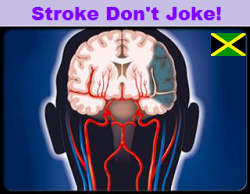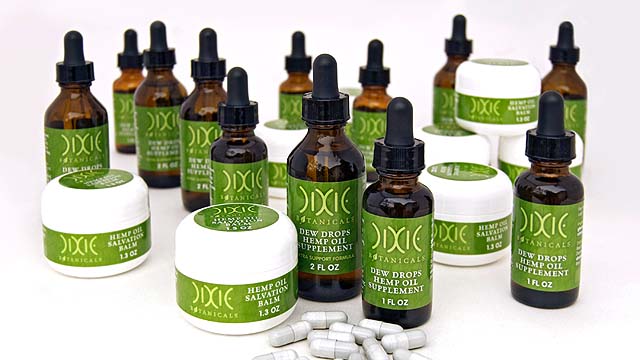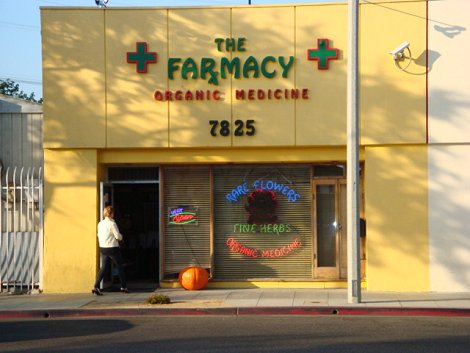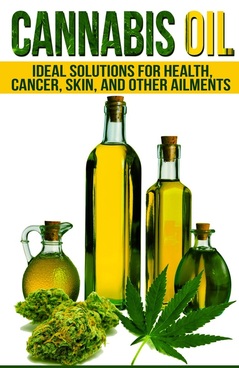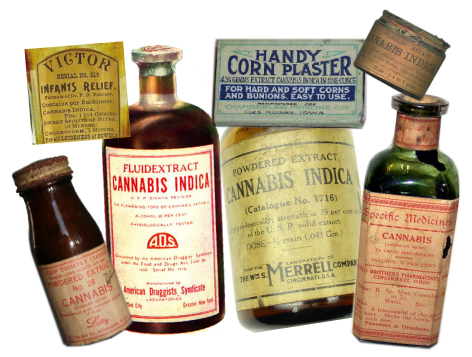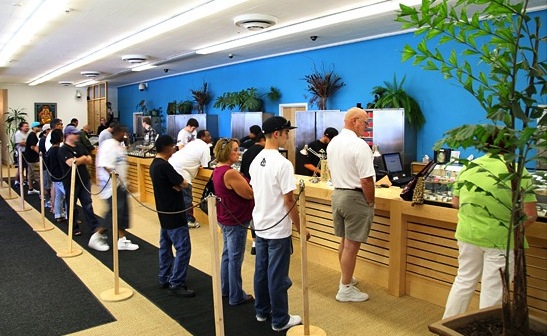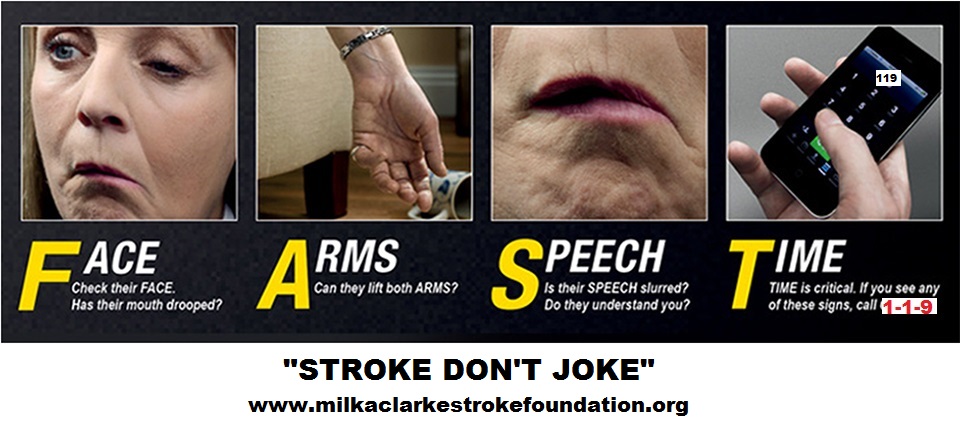Medicinal Use of Cannabis - General Information
Disclaimer: Posting this information about Medical Cannabis, does not mean we endorse the practice of using cannabis without a doctor's prescription. However, we know that many individuals are searching for remedies that work better that medications already prescribed by their doctors. Some people are using cannabis, and instead of pretending that it's not happening, we decided to provide information that further educates those who chose to go this route.
Learn and follow the laws about the use of medicinal cannabis in the area where you live.
WHAT YOU NEED TO KNOW:
What is cannabis?
Cannabis, also called marijuana or ganja is a drug that comes from the cannabis sativa (hemp plant). It may also be called pot, weed, or hash. Medical Cannabis may be taken in the form of a pill, capsule, or mouth spray. Cannabis can also be smoked, baked into food and eaten, or made into a tea and drunk. The effects may start right away and last for 3 to 4 hours or longer depending on whether you smoke or eat cannabis.
What is medicinal use of cannabis?
Cannabis can be used to control or relieve symptoms caused by medical conditions. The following are some of the common symptoms cannabis is used for:
What are the risks of cannabis use?
The following risks should not be discounted even though they came from the mainstream medical establishment.
What else should I know about cannabis use?
When should I contact my caregiver? Contact your caregiver if:
When should I seek immediate care? Seek care immediately or call 119 if:
CARE AGREEMENT:
You have the right to help plan your care. Learn about your health condition and how it may be treated. Discuss treatment options with your caregivers to decide what care you want to receive. You always have the right to refuse treatment.
Learn and follow the laws about the use of medicinal cannabis in the area where you live.
WHAT YOU NEED TO KNOW:
What is cannabis?
Cannabis, also called marijuana or ganja is a drug that comes from the cannabis sativa (hemp plant). It may also be called pot, weed, or hash. Medical Cannabis may be taken in the form of a pill, capsule, or mouth spray. Cannabis can also be smoked, baked into food and eaten, or made into a tea and drunk. The effects may start right away and last for 3 to 4 hours or longer depending on whether you smoke or eat cannabis.
What is medicinal use of cannabis?
Cannabis can be used to control or relieve symptoms caused by medical conditions. The following are some of the common symptoms cannabis is used for:
- Nausea, vomiting, loss of appetite, or weight loss
- Cancer and cancer related illnesses
- Hypertension
- Diabetes
- Fibromyalgia
- Pain, tingling, and numbness from nerve damage
- Mood and sleep problems
- Anxiety, depression
- Psychotic behaviors
- Muscle spasms, tremors (shaking), or tics
- Fluid pressure in the eye from glaucoma
What are the risks of cannabis use?
The following risks should not be discounted even though they came from the mainstream medical establishment.
- Cannabis can vary in quality and strength. It may work well for some people, but not for others. The amount of cannabis needed, when to use it, or if it is working may not be clear. It may interfere with your ability to drive a car or operate machinery. If you are pregnant and use cannabis, it may prevent your unborn baby from growing normally.
- Cannabis can make you feel tired, drunk, dizzy, or high. Cannabis can cause anxiety, confusion, decreased memory, or difficulty learning. Cannabis increases the risk of panic disorder, depression, or seeing or hearing things that are not real. If you use cannabis for a long time and then stop, you may have withdrawal symptoms. You may feel angry, anxious, nervous, or restless. You may lose your appetite, lose weight, or have problems sleeping.
- Cannabis may contain harmful substances, such as metals, fungus, and germs. It may increase your risk of a lung infection, long-term bronchitis, asthma, or other lung diseases. Smoking cannabis may increase your risk of cancer of the head, neck, and lungs. Cannabis may also increase the risk of a heart attack or stroke. When taken with other medicine, cannabis increases the risk of side effects.
What else should I know about cannabis use?
- Learn and follow the laws about the use of medicinal cannabis in the area where you live.
- Tell your caregivers about all of the drugs you take. If you use cannabis, tell them when and why you use it.
- See your caregiver regularly.
- Talk to your caregiver about the use of cannabis pills, capsules, sprays, or vaporizers, instead of cigarettes.
- Do not use cannabis if you are pregnant or breastfeeding.
- Do not drive or use heavy machinery when you use cannabis.
- Do not drink alcohol or use other drugs or medicines while you are using cannabis.
When should I contact my caregiver? Contact your caregiver if:
- Your symptoms do not improve.
- You feel you are becoming dependent on cannabis.
- You have questions or concerns about your condition or care.
When should I seek immediate care? Seek care immediately or call 119 if:
- The effects of cannabis have worn off, and you have shortness of breath, a fast heart rate, or chest pain.
- You want to hurt or kill yourself or others.
CARE AGREEMENT:
You have the right to help plan your care. Learn about your health condition and how it may be treated. Discuss treatment options with your caregivers to decide what care you want to receive. You always have the right to refuse treatment.
